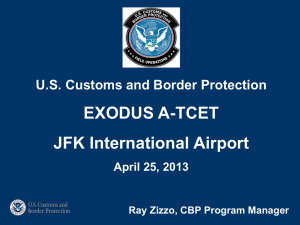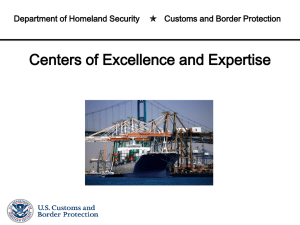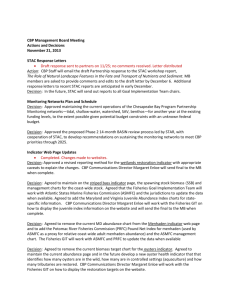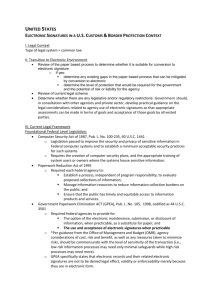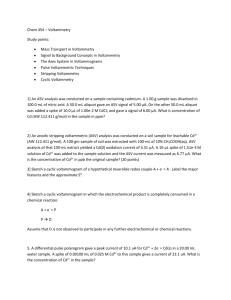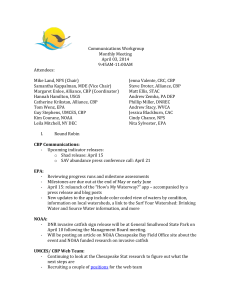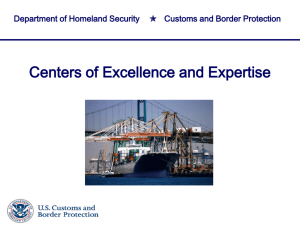Frequent Travel Abroad and Abandonment of Lawful
advertisement
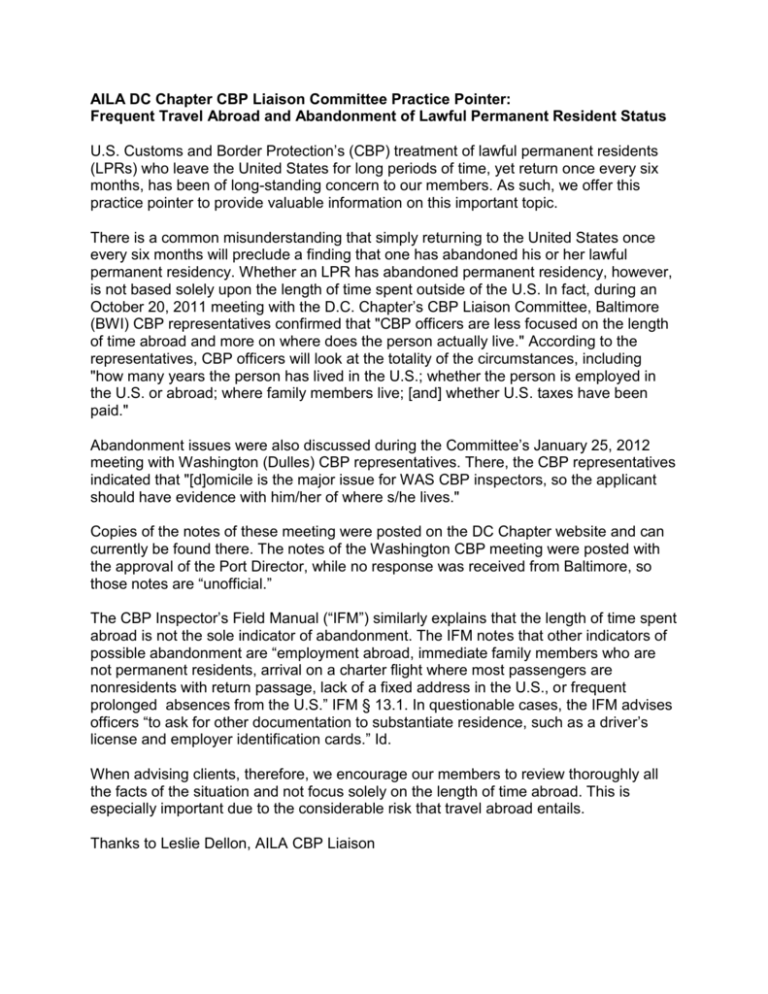
AILA DC Chapter CBP Liaison Committee Practice Pointer: Frequent Travel Abroad and Abandonment of Lawful Permanent Resident Status U.S. Customs and Border Protection’s (CBP) treatment of lawful permanent residents (LPRs) who leave the United States for long periods of time, yet return once every six months, has been of long-standing concern to our members. As such, we offer this practice pointer to provide valuable information on this important topic. There is a common misunderstanding that simply returning to the United States once every six months will preclude a finding that one has abandoned his or her lawful permanent residency. Whether an LPR has abandoned permanent residency, however, is not based solely upon the length of time spent outside of the U.S. In fact, during an October 20, 2011 meeting with the D.C. Chapter’s CBP Liaison Committee, Baltimore (BWI) CBP representatives confirmed that "CBP officers are less focused on the length of time abroad and more on where does the person actually live." According to the representatives, CBP officers will look at the totality of the circumstances, including "how many years the person has lived in the U.S.; whether the person is employed in the U.S. or abroad; where family members live; [and] whether U.S. taxes have been paid." Abandonment issues were also discussed during the Committee’s January 25, 2012 meeting with Washington (Dulles) CBP representatives. There, the CBP representatives indicated that "[d]omicile is the major issue for WAS CBP inspectors, so the applicant should have evidence with him/her of where s/he lives." Copies of the notes of these meeting were posted on the DC Chapter website and can currently be found there. The notes of the Washington CBP meeting were posted with the approval of the Port Director, while no response was received from Baltimore, so those notes are “unofficial.” The CBP Inspector’s Field Manual (“IFM”) similarly explains that the length of time spent abroad is not the sole indicator of abandonment. The IFM notes that other indicators of possible abandonment are “employment abroad, immediate family members who are not permanent residents, arrival on a charter flight where most passengers are nonresidents with return passage, lack of a fixed address in the U.S., or frequent prolonged absences from the U.S.” IFM § 13.1. In questionable cases, the IFM advises officers “to ask for other documentation to substantiate residence, such as a driver’s license and employer identification cards.” Id. When advising clients, therefore, we encourage our members to review thoroughly all the facts of the situation and not focus solely on the length of time abroad. This is especially important due to the considerable risk that travel abroad entails. Thanks to Leslie Dellon, AILA CBP Liaison

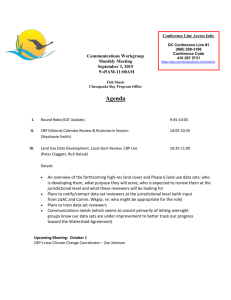
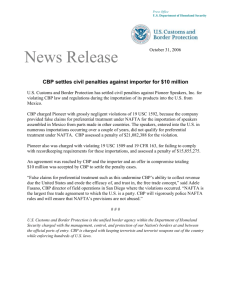
![CustomerBenefitPackages[1]](http://s2.studylib.net/store/data/015258258_1-5090c38a493581c756854f35540077c5-300x300.png)
